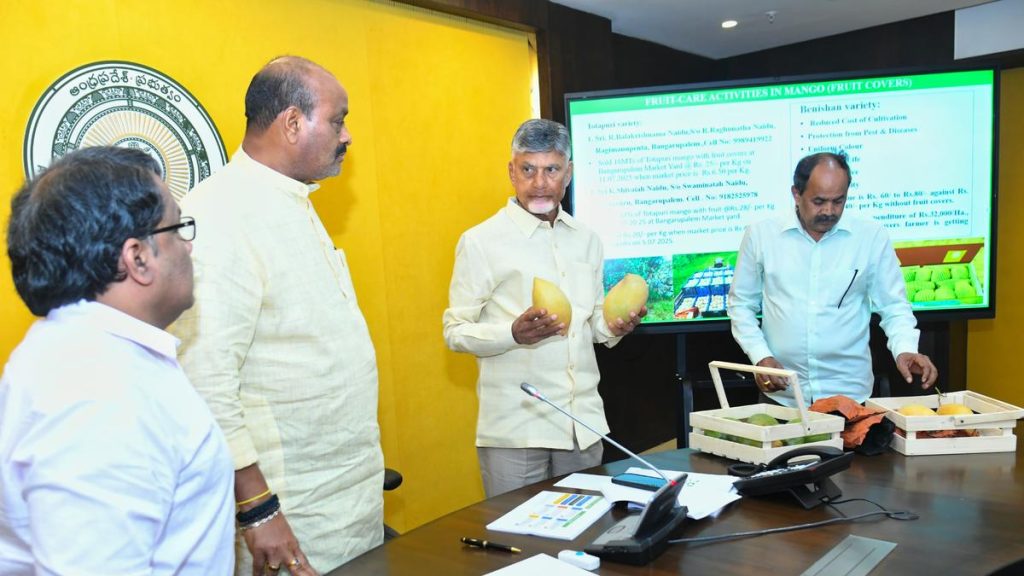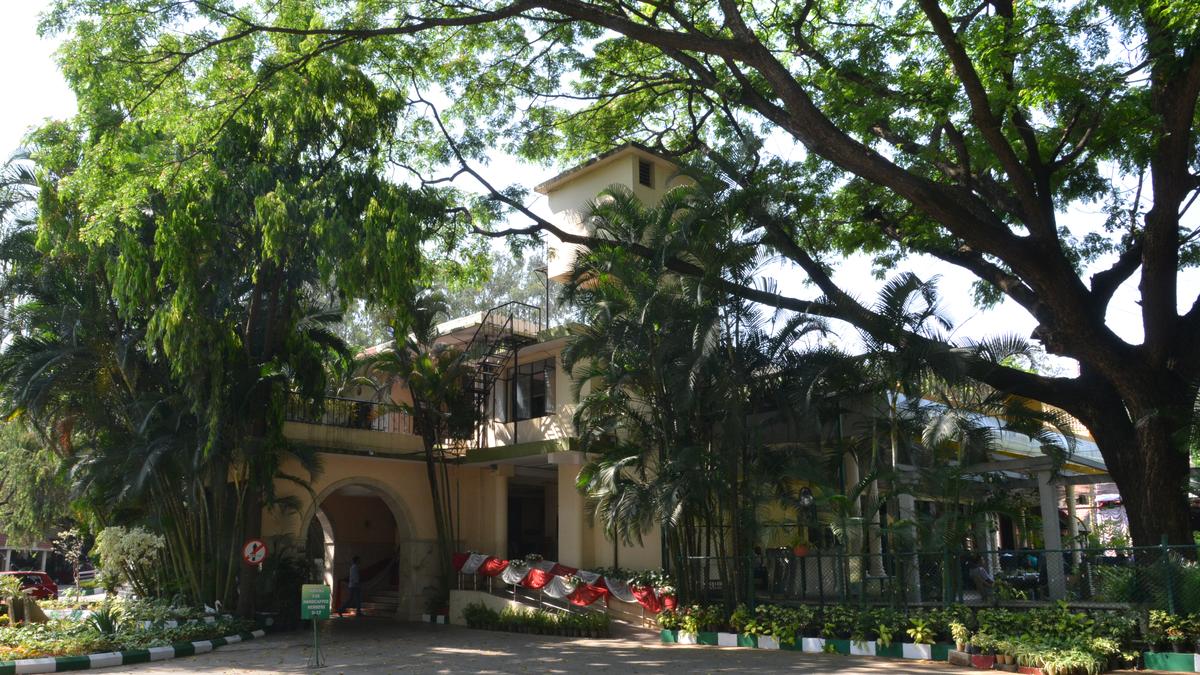Now Reading: Anganwadi Workers Challenge Facial Recognition in ICDS Programs
-
01
Anganwadi Workers Challenge Facial Recognition in ICDS Programs
Anganwadi Workers Challenge Facial Recognition in ICDS Programs

Fast Summary
- Anganwadi workers in Karnataka have opposed the Union government’s decision to use facial recognition technology (FRT) for implementing integrated Child Development Services (ICDS) programmes.
- At a public meeting organized by the Karnataka State anganwadi Workers Union, concerns were raised about FRT potentially violating privacy and constitutional rights.
- Workers claimed approximately 2 lakh beneficiaries could be excluded due to technical issues with FRT implementation.
- Issues highlighted include software glitches, internet problems, and fear of misuse of aadhaar-linked OTPs among beneficiaries.
- Economist Dipa Sinha argued that FRT has not prevented leakages nor eased anganwadi workers’ duties, citing ongoing funding cuts for ICDS by the Union government.
- Varalakshmi, president of the Karnataka Anganwadi Workers Union, stated that repeated appeals to the Union Minister for Women and Child Development opposing FRT have been overlooked.
- Usha, Joint Director of Women and Child Development Department in karnataka clarified that 88% coverage was achieved via FRT without exclusion. She assured technical training for workers and improvements in system functionality.
Indian Opinion Analysis
The use of facial recognition technology (FRT) as part of ICDS initiatives highlights broader debates around balancing technological efficiency with privacy concerns. On one hand, its intended purpose is streamlining benefits distribution; however, complaints from anganwadi workers suggest persistent challenges like technical glitches and fears over data breaches that could hinder equitable access to services. If approximately two lakh beneficiaries are potentially excluded due to inefficiencies or hesitance surrounding Aadhaar-related requirements-critical corrective measures should be considered by authorities.
Claims about consistent funding cuts further complicate this issue-it raises questions on whether resource constraints limit resolved implementations leading dependency tech&failure sacrifices°. Longer-term either efficient backups procedural inclusivity deserved communities rightful run-role governance regulated monitored° objections centered consistent outcomes expected.* Attachment link user analytics nuances helpful























